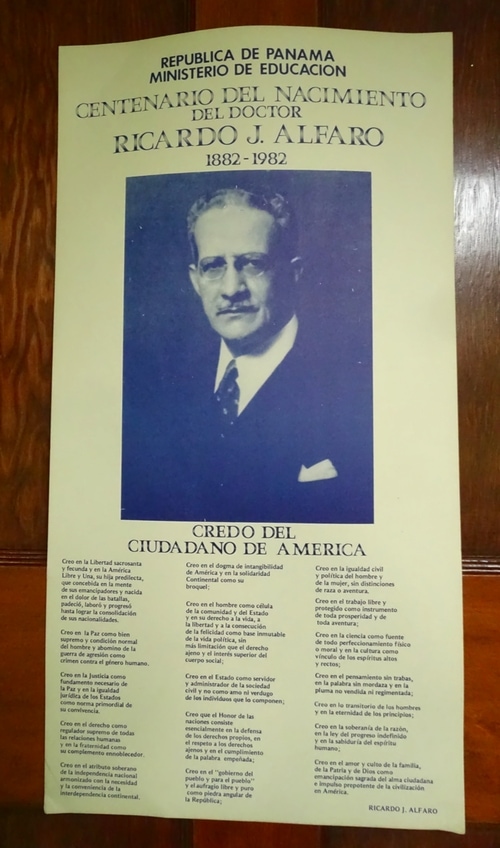
Ricardo J. Alfaro was born in Panama City on August 20, 1882. His parents were Luis Ramón Alfaro and Hortensia Jované. His grandfather was Lieutenant Colonel José Alfaro, a Venezuelan military man who came to the Isthmus with the Liberating Armies.
He completed his primary education at the San Vicente de Paúl School, and began high school studies at the Colegio de los Escolapios, both in Panama City.
In 1898 he won, by competition, a scholarship at the Colegio Mayor Fernández Madrid, at the University of Cartagena de Indias, from where he graduated with a Bachelor's degree in 1900.

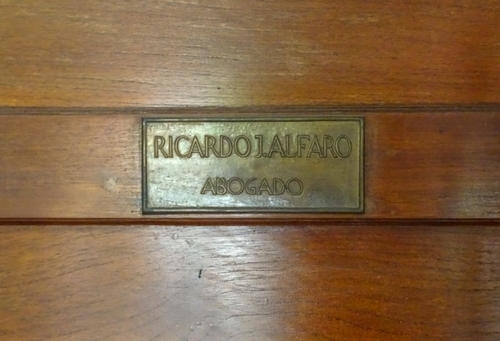
His purpose of studying Law at the University of Cartagena is frustrated because of the closure of that university at the outbreak of the Thousand Day War.
Ricardo J. Alfaro Jované married Amelia Cristina Lyons Orillac on October 28, 1905, in Panama City. From that union, Víctor Ricardo, Hernán, Iván José, Rogelio Edwin, Amelia Victoria and Yolanda María Alfaro Lyons were born.
The Panamanian jurist began his public career in minor positions in the Administration, from 1900.
In 1905, he was appointed Undersecretary of Foreign Relations of the New Republic; and, in 1908, he became Consul General in Barcelona, Spain.
He was appointed, in 1912, Legal Counsel of the Legation of Panama in Washington, related to the Conflict of Boundaries between Panama and Costa Rica.
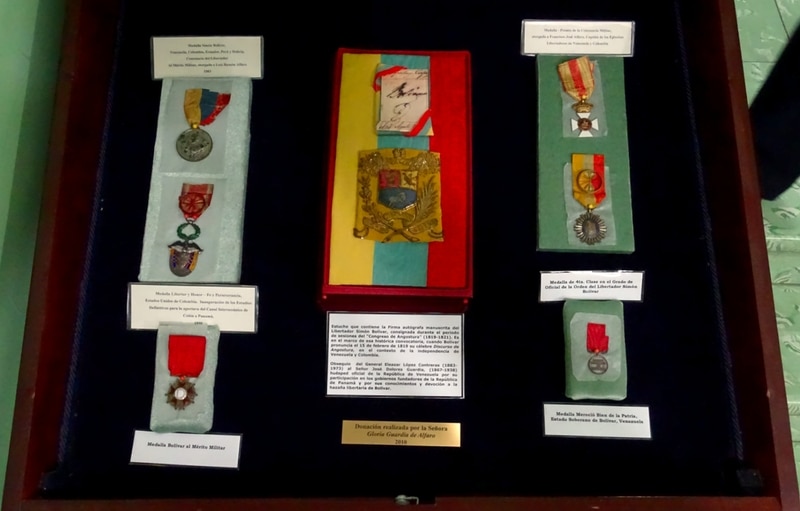
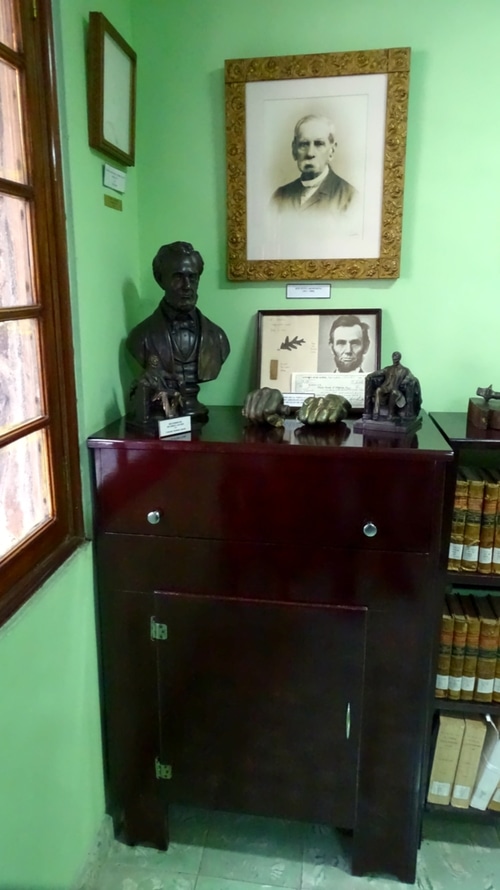
Alfaro returns to Panama and continues his law studies on his own account and as a law practitioner.
In 1918 I have received the title of Doctor of Law and Political Science from the National School of Law of the Republic of Panama; and in 1945, the University of Southern California, Los Angeles (USA), conferred on him the title of Doctor of Laws, Honoris Causa.
In the subsequent period until 1918, he taught as a History teacher at the National Institute's high school and, as a professor of Civil Law, at the National Law School. In 1917 he committed his best efforts to founding the National Red Cross and the one that served as Treasurer of the first Board of Directors.
Between 1918 and 1922, I have held the position of Secretary of Government and Justice and, on various occasions, was in charge, temporarily, of the Foreign Relations portfolio.
In 1922, Ricardo J. Alfaro was appointed Extraordinary Envoy and Minister Plenipotentiary of Panama in the United States, a position he held for two periods: 1922 to 1930; and, 1933 to 1936.
In both periods, he presides over the Special Commissions for the negotiation of the projects of a new Treaty between Panama and the United States: that of 1926, not ratified by Panama; and that of 1936, approved by Panama and the United States.
In 1926 he founded, together with distinguished Panamanian lexicographers and linguists, the Panamanian Academy of the Language, the corresponding corporation of the Royal Spanish Academy, the Panamanian Academy of History and the Panamanian Institute of Hispanic Culture.

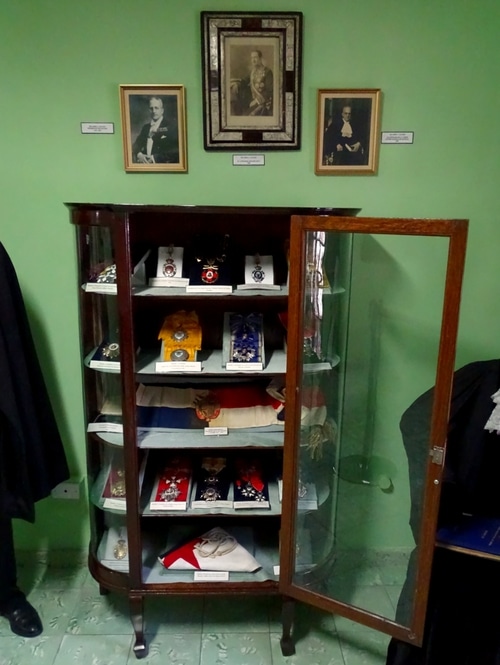
Ricardo J. Alfaro is called to exercise the presidency of the Republic of Panama during the years 1931 and 1932; and in 1940 he was nominated for the same position. In 1942 he returned to Panama and held various legal positions for the Government and participated in international arbitration matters.
In 1944 he presided over the Drafting Commission of the New Constitution of Panama and is also a member of the Codification Commission. That same year, he was appointed Head of the Mission of the United Nations Relief and Rehabilitation Administration (U.N.R.R.A.), to the countries of the Caribbean Basin.
In 1945 he was appointed Minister of Foreign Affairs, a position he held until the end of 1947.
During his period as Chancellor, he presided over the delegations of the Republic of Panama to the General Assemblies of the United Nations: from the first, convened in San Francisco, in 1945; until the third, held in Paris in 1948
During this period, Ricardo J. Alfaro, presented to the United Nations and, on behalf of the Republic of Panama, the projects on the Declaration of Human Rights and the one concerning the Rights and Duties of States. And during that period he was a member of the commission, chaired by Eleonor Roosevelt, which drafted the Universal Declaration of Human Rights, in Paris, in 1948.
On that same date, he was appointed by the United Nations to translate the text of this document into the Spanish language.
In 1945, he presided over the Panamanian delegation at the Inter-American Conference in Bogotá; and, in 1947, that of Rio de Janeiro, on the Maintenance of Peace and Security in the American Continent.
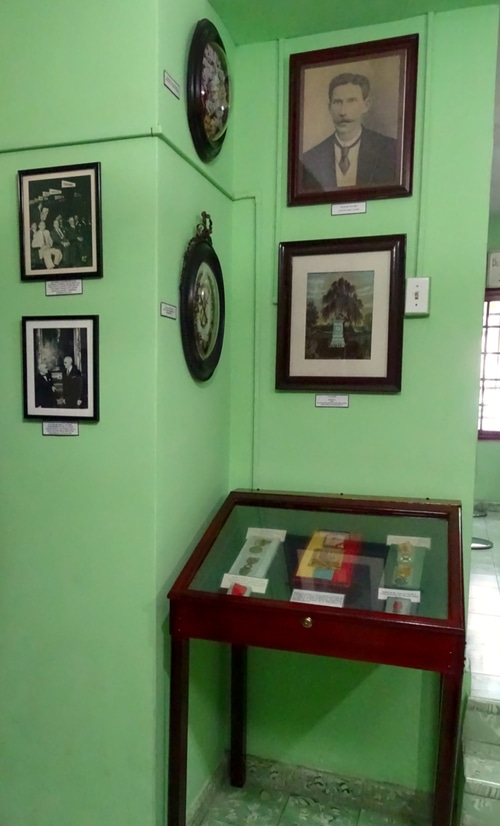
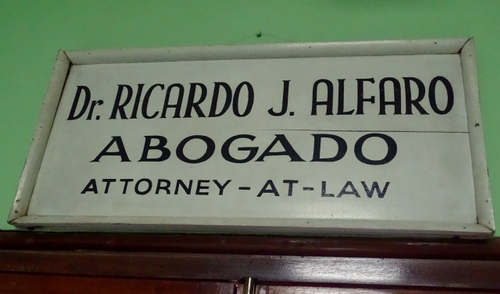
During the years, from 1948 to 1959, Ricardo J. Alfaro participated in numerous international conferences on legal, political, linguistic and international arbitration matters.
In 1948, he was elected a member of the International Law Commission of the United Nations; for a period of five years and presides over the commission during the period, from 1952 to 1953.
It should also be noted that during the year 1948, Alfaro was appointed Extraordinary Professor of International Law by the University of Panama and held the position until 1959. That year he resigned from all positions to accept the appointment by the United Nations to the position and rank of Magistrate of the International Court of Justice, in The Hague.
In 1956 he presides over the Arbitration Commission, constituted by the governments of Great Britain and Greece for the decision of the Ambatielos Matter and in 1957 he is elected again to the United Nations International Law Commission.
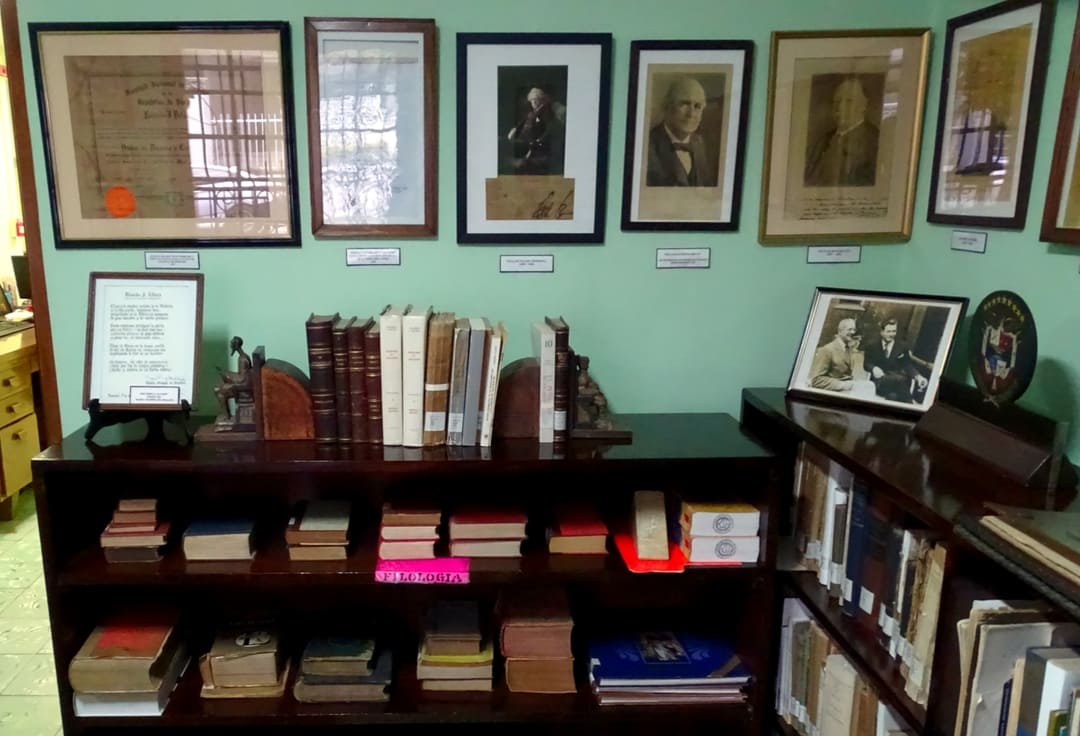
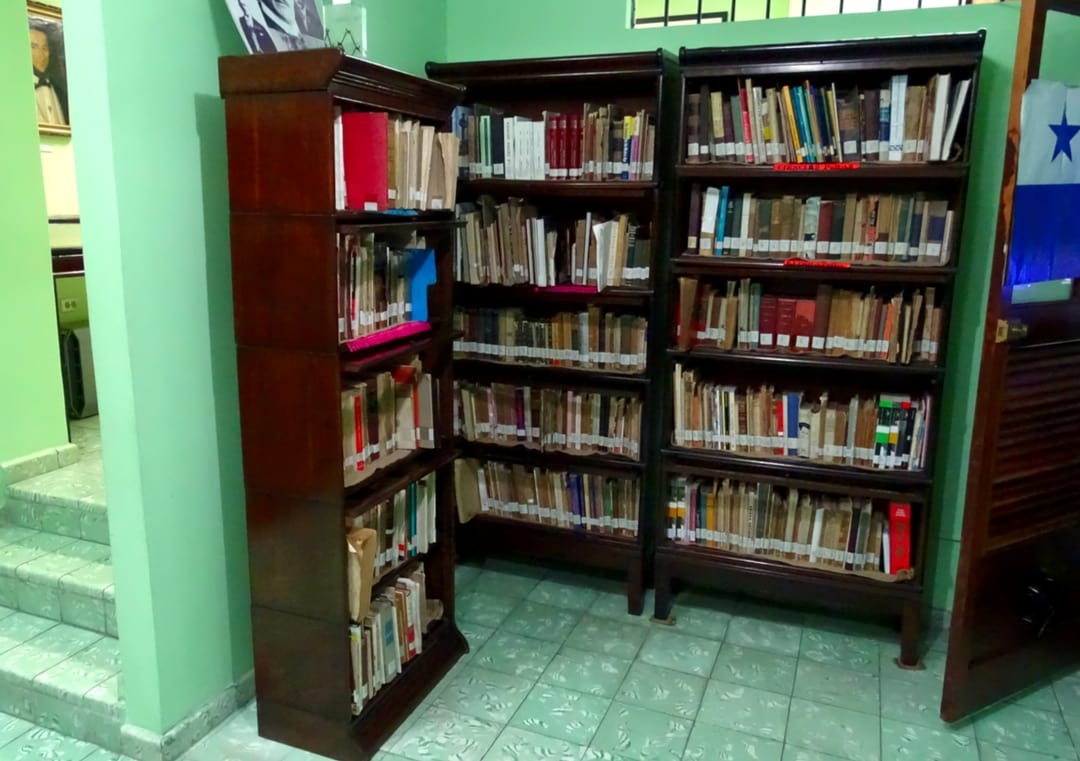
Dr. Alfaro retired from the International Court of Justice in 1964 after having served as Vice-presidency of the Court, from 1961 to 1964. Once he returned to the country, he was appointed Advisor to the Government and Political Advisor to the negotiating mission for the Draft New Treaty with the United States (1964-1967).
In 1966, he presided over the Panamanian delegation to the Meeting of the Special Commission for the Preliminary Draft of Reforms to the Charter of the Organization of American States (OAS). Once the Special Commission has met, he is elected by acclamation as its Chairman.
That same year, I have served as arbitrator in matters of the International Conciliation and Arbitration Body of the International Olive Council in Madrid. In 1968 and 1969 I have presided, in Panama, the Commission for the Reform of the Electoral Code.
In March 1970, the Provisional Government Board declared Dr. Ricardo J. Alfaro "Distinguished citizen of the Republic, in whom attributes and virtues of a statesman are recognized." In May of the same year, the Municipal Council declared "Meritorious Son of the District of Panama and the Order of the Municipality of Panama was granted to Dr. Ricardo J. Alfaro."
Likewise, in June 1970, the Panamanian Academy of Language and the Panamanian Academy of History celebrate in solemn public session, a tribute to Dr. Alfaro.
The famous Panamanian died in Panama City, on February 23, 1971.
